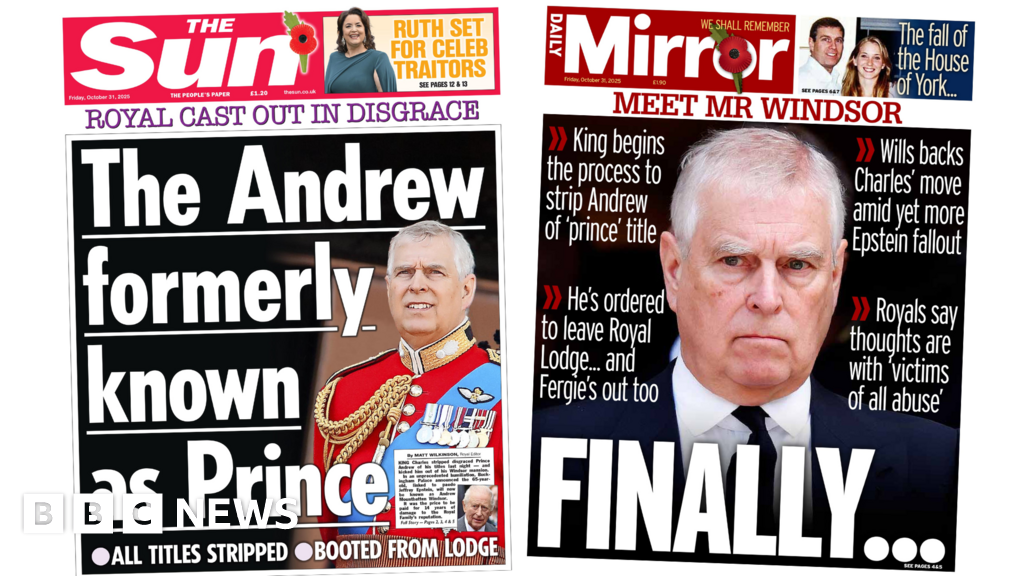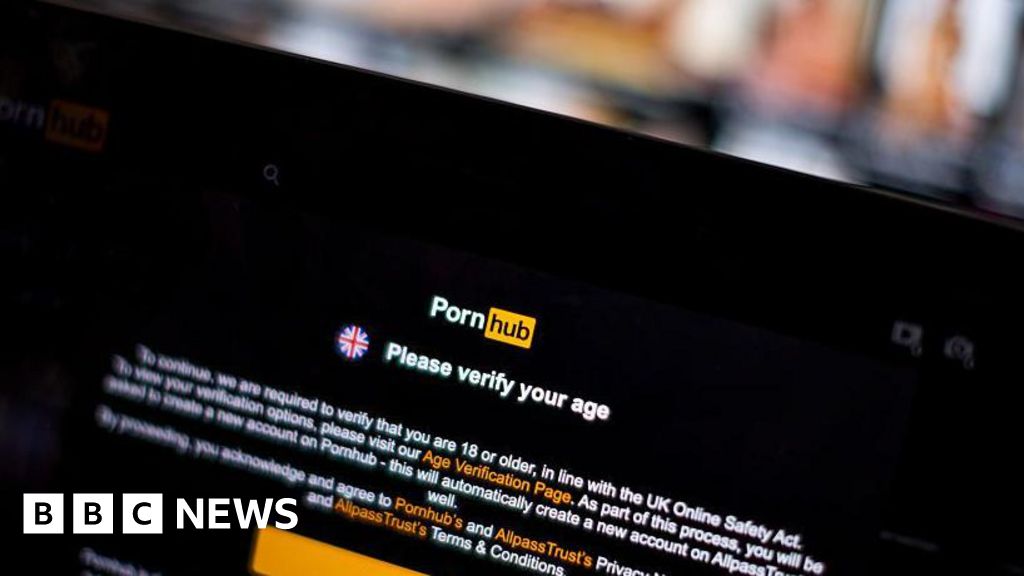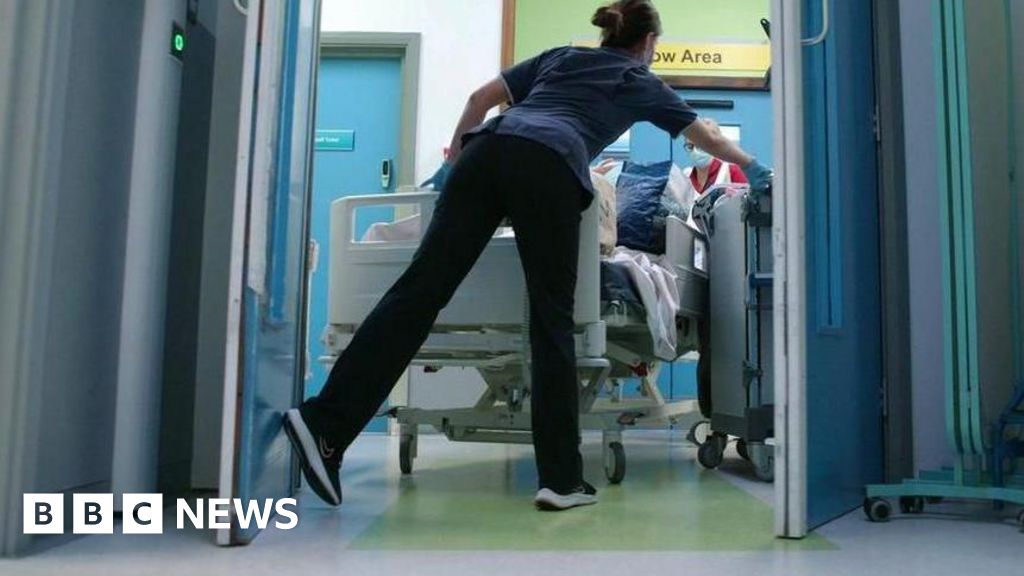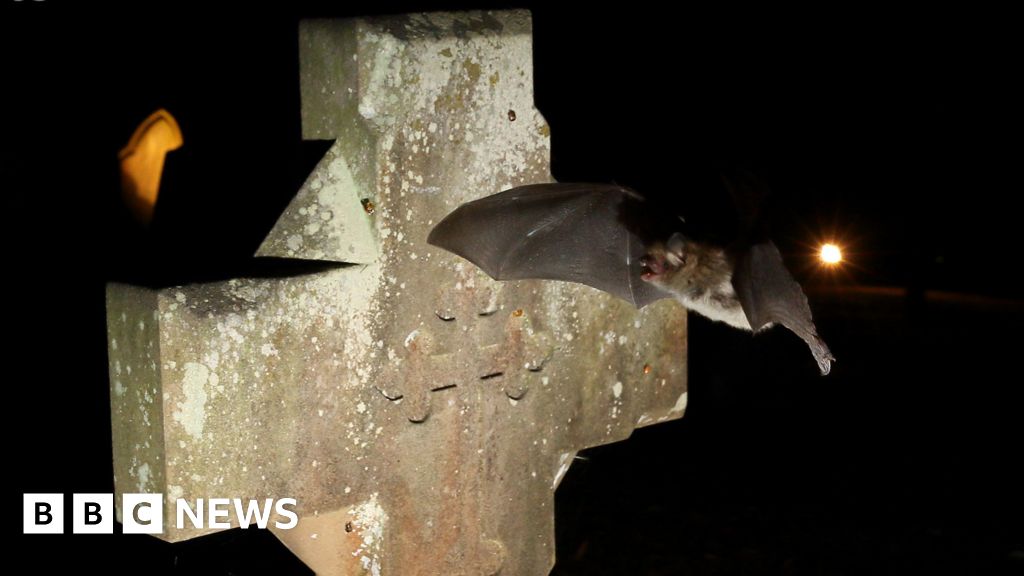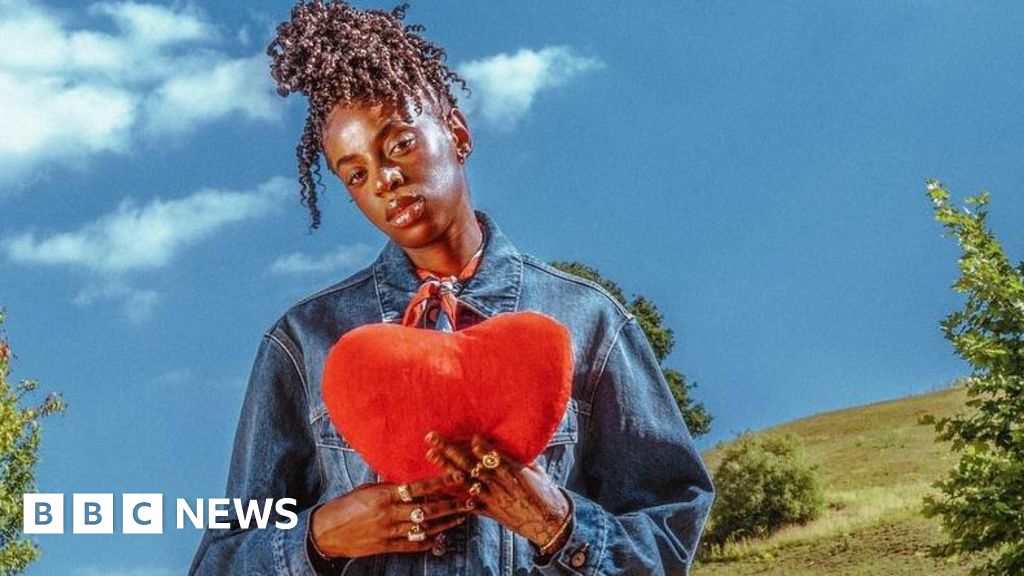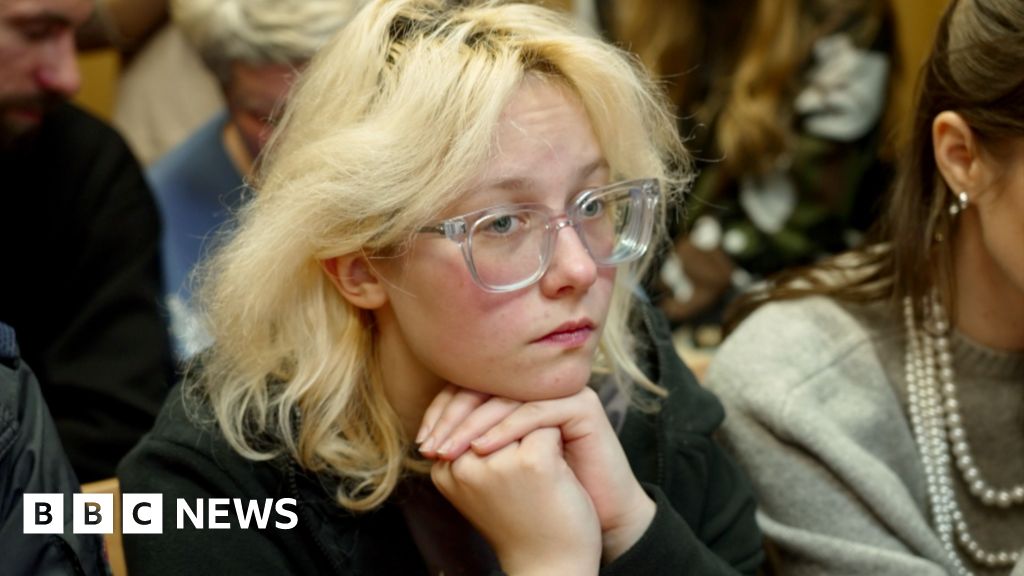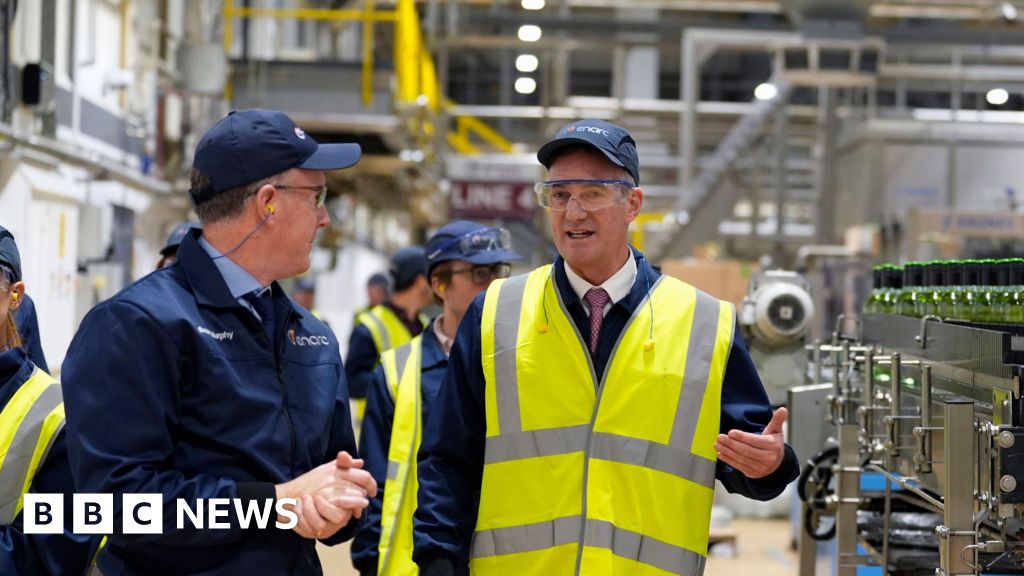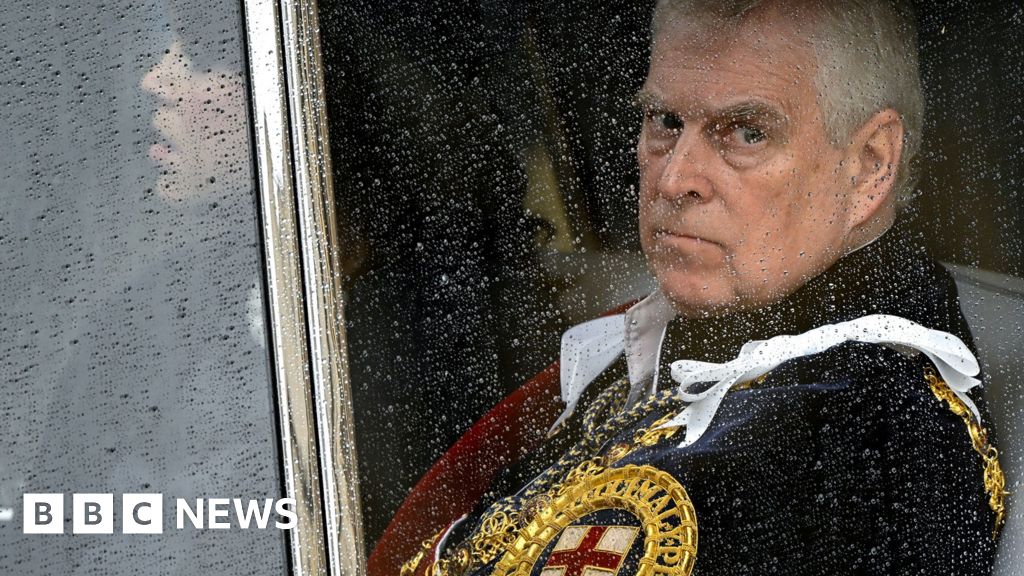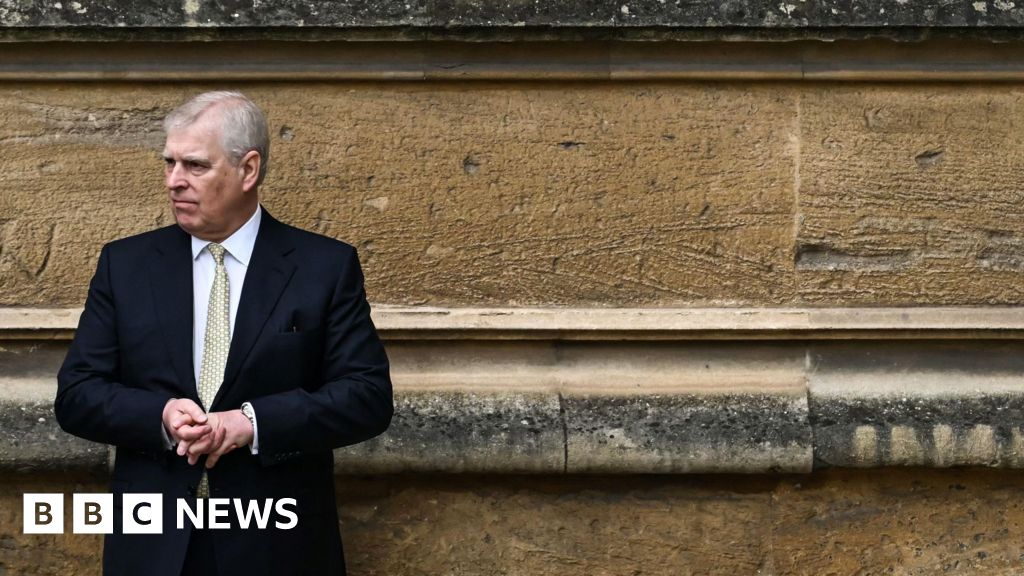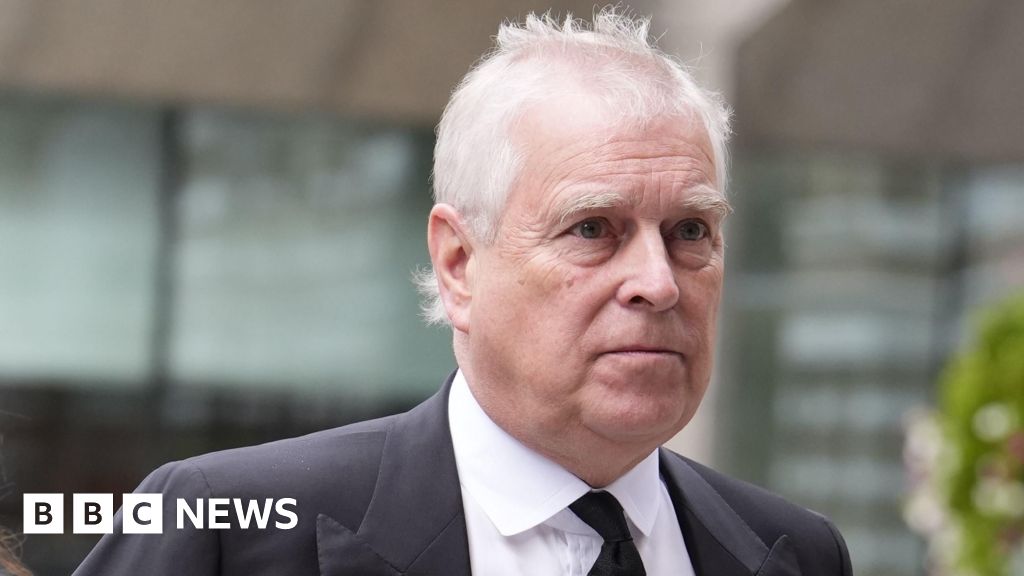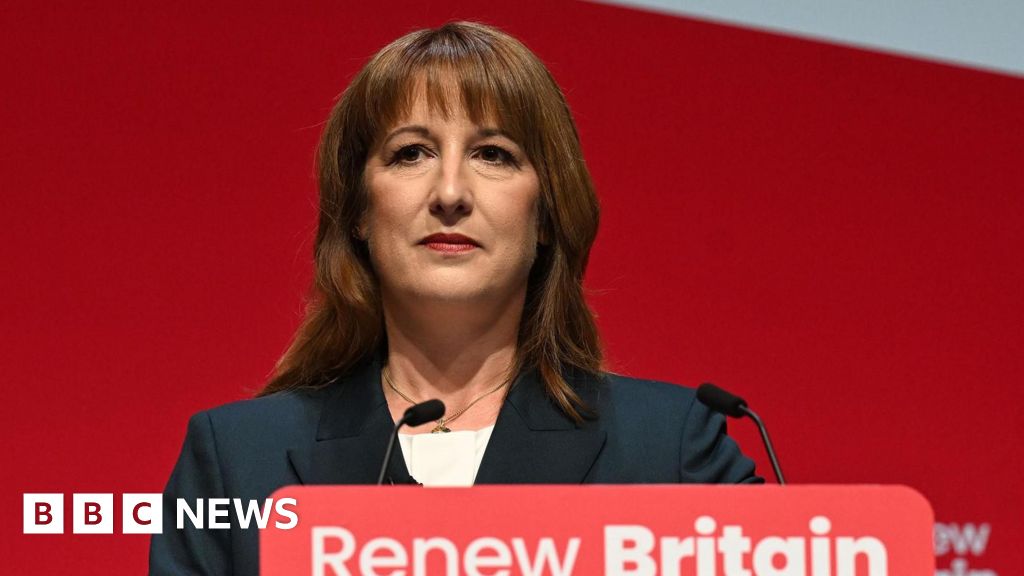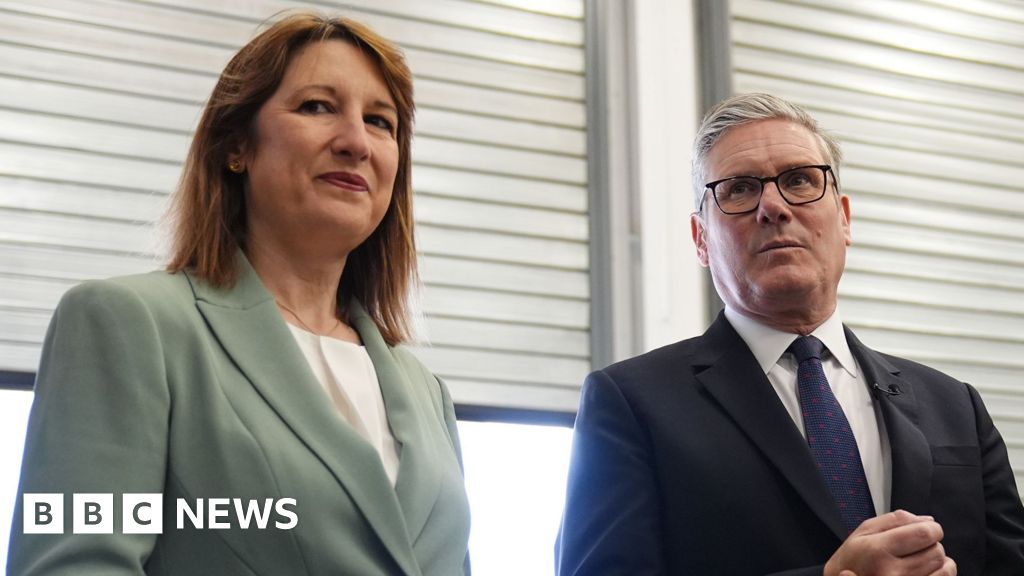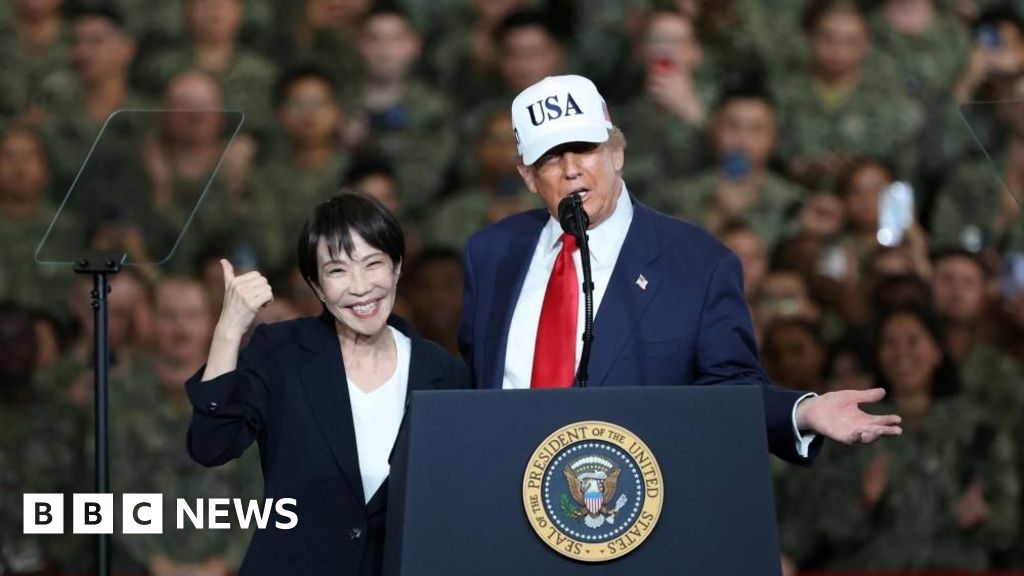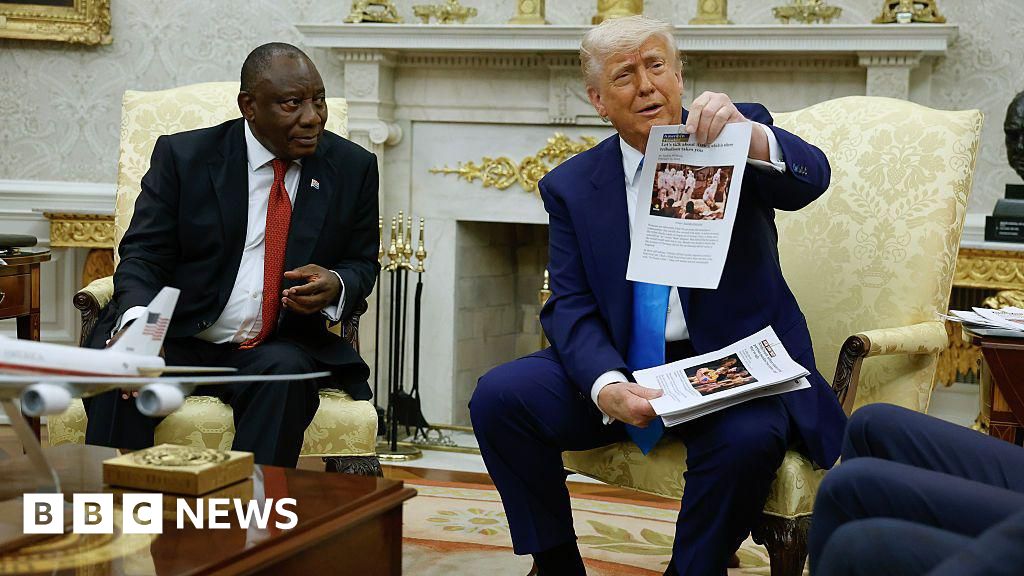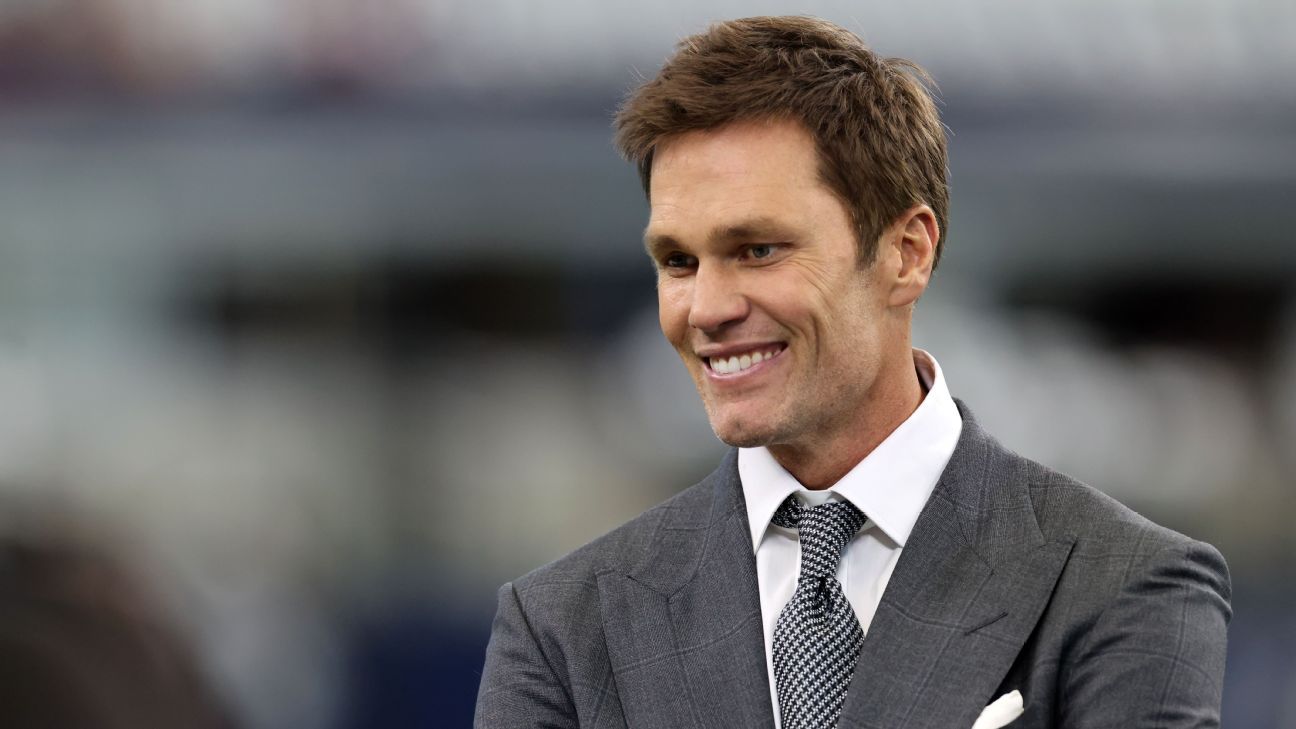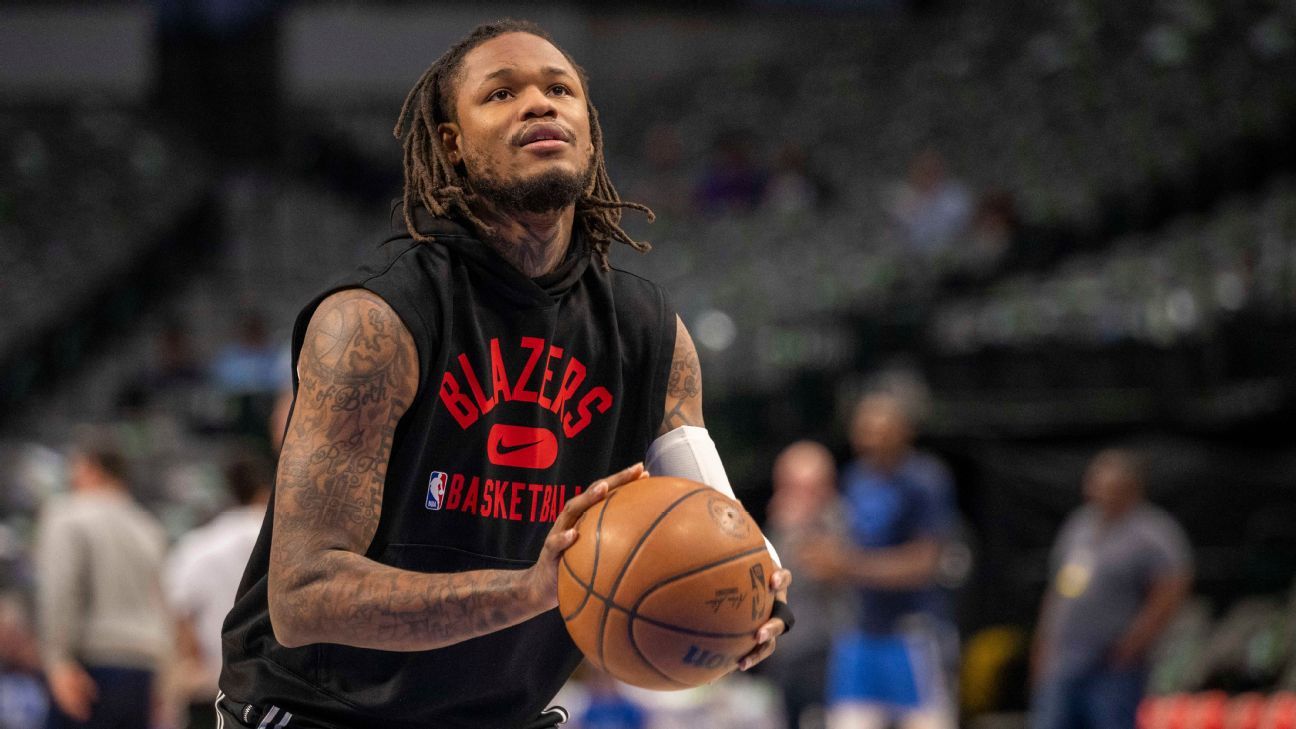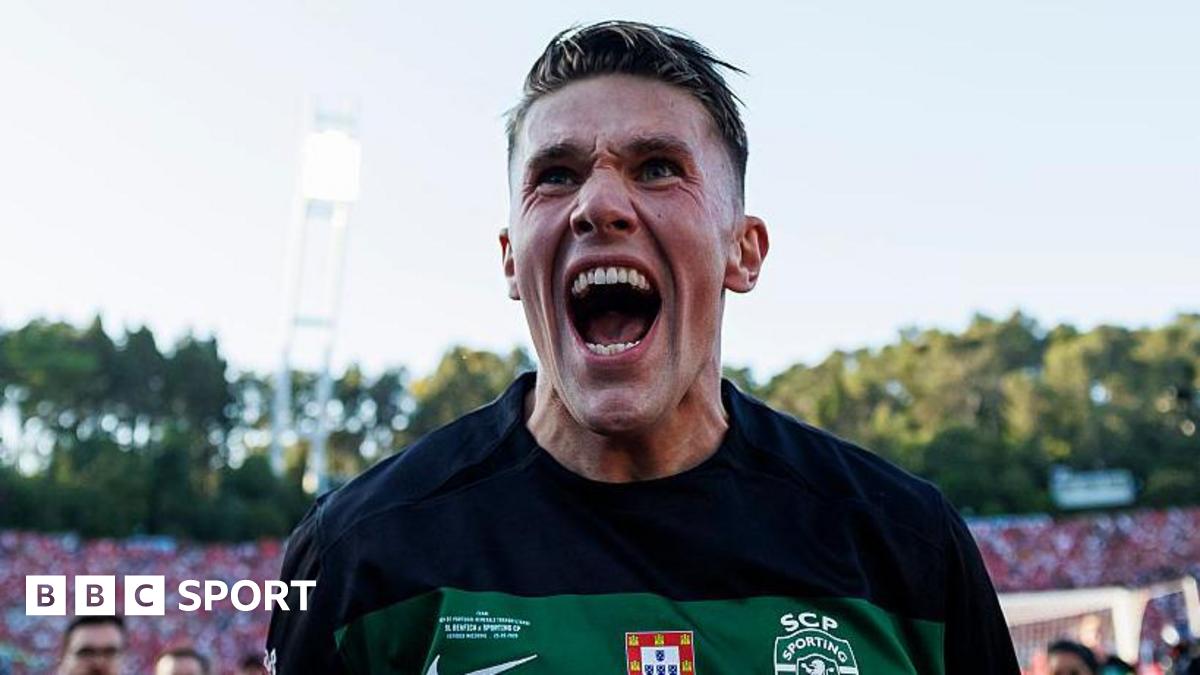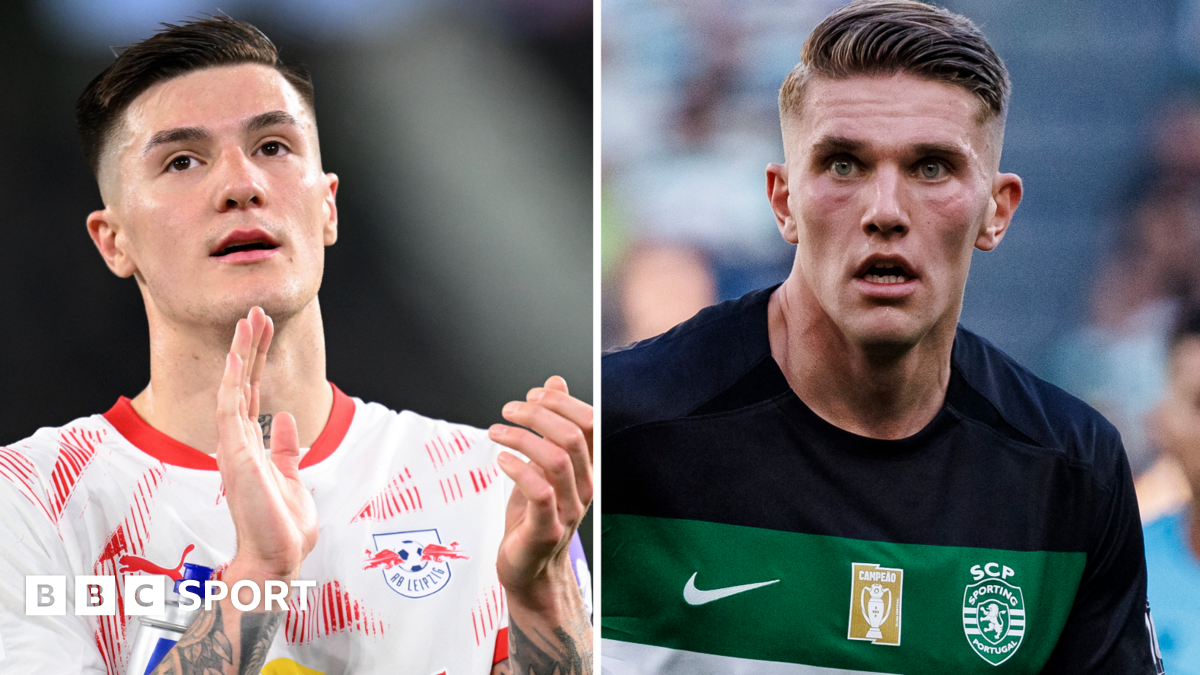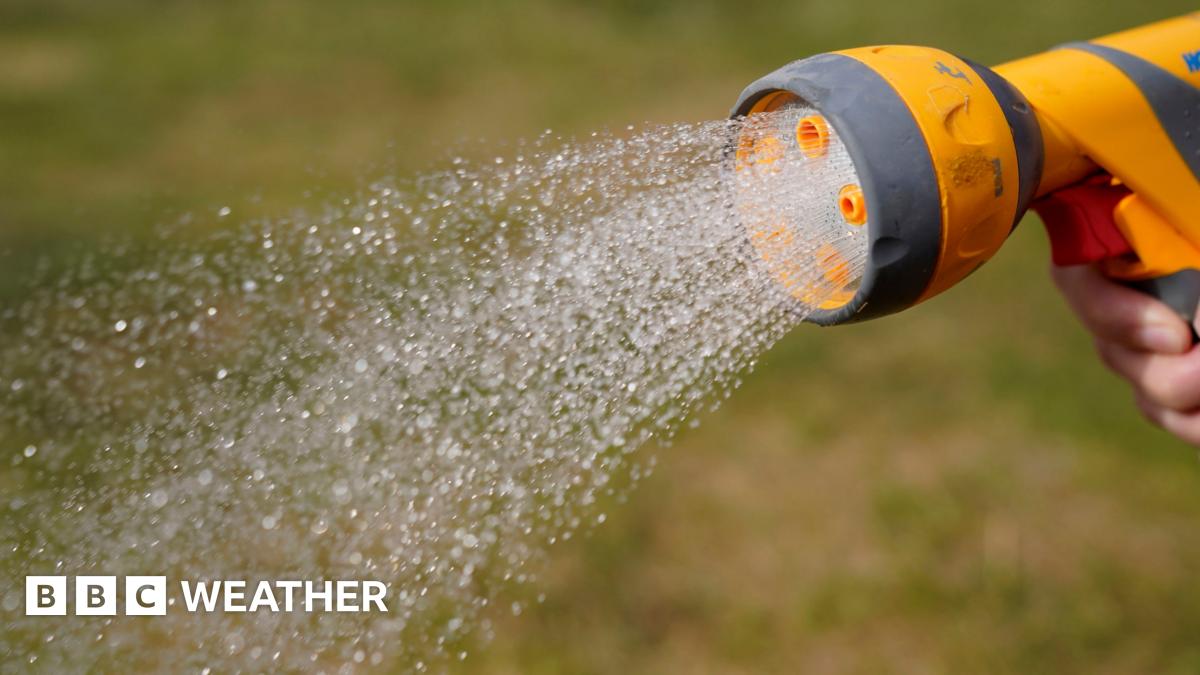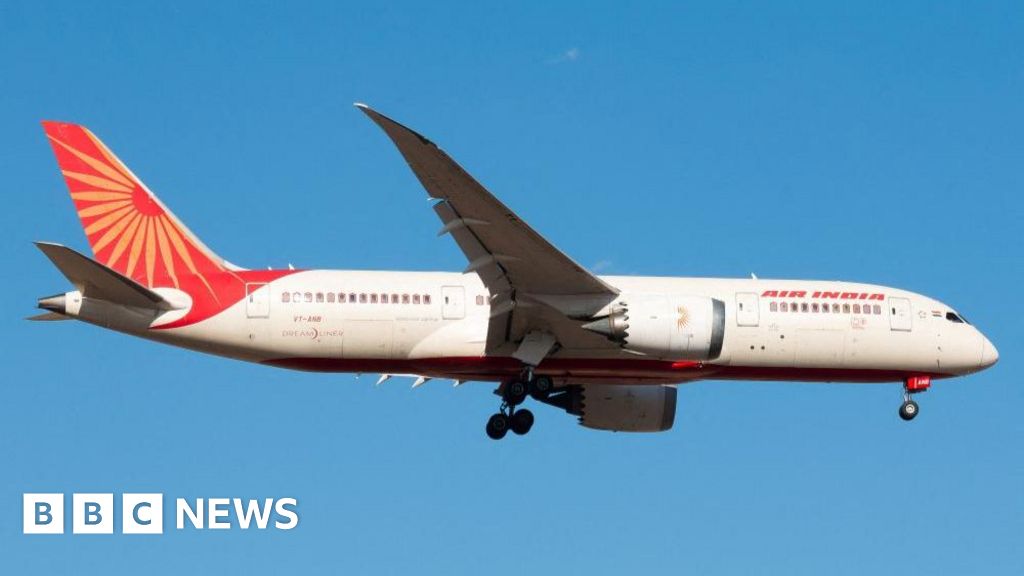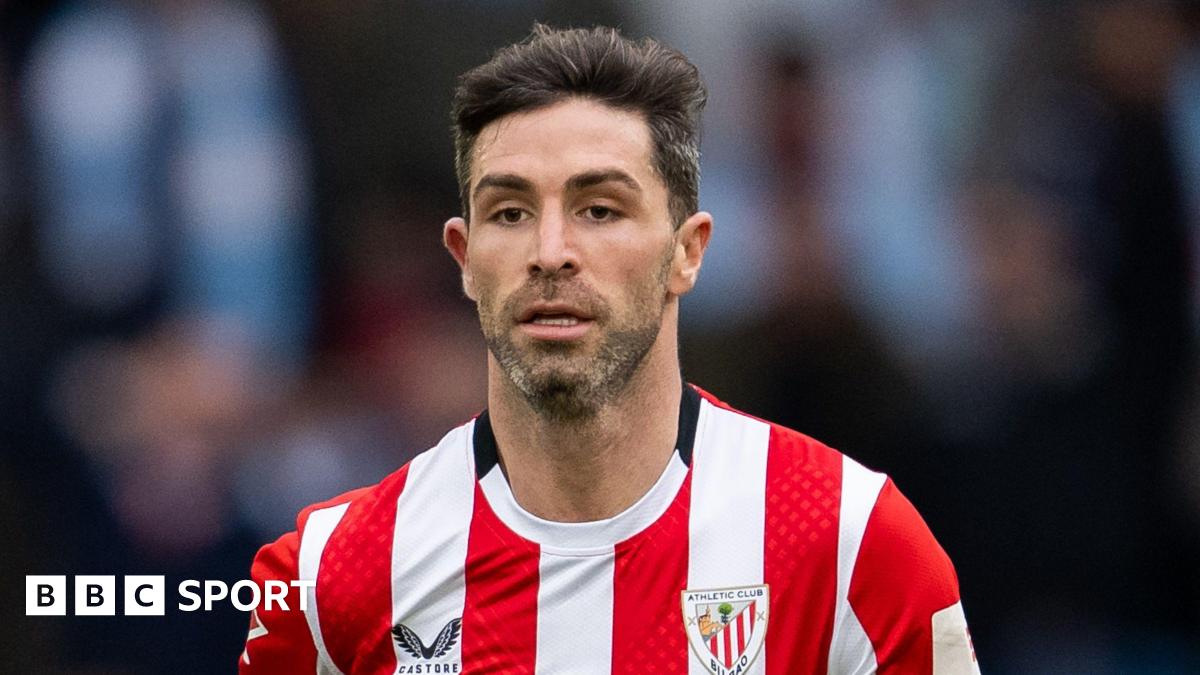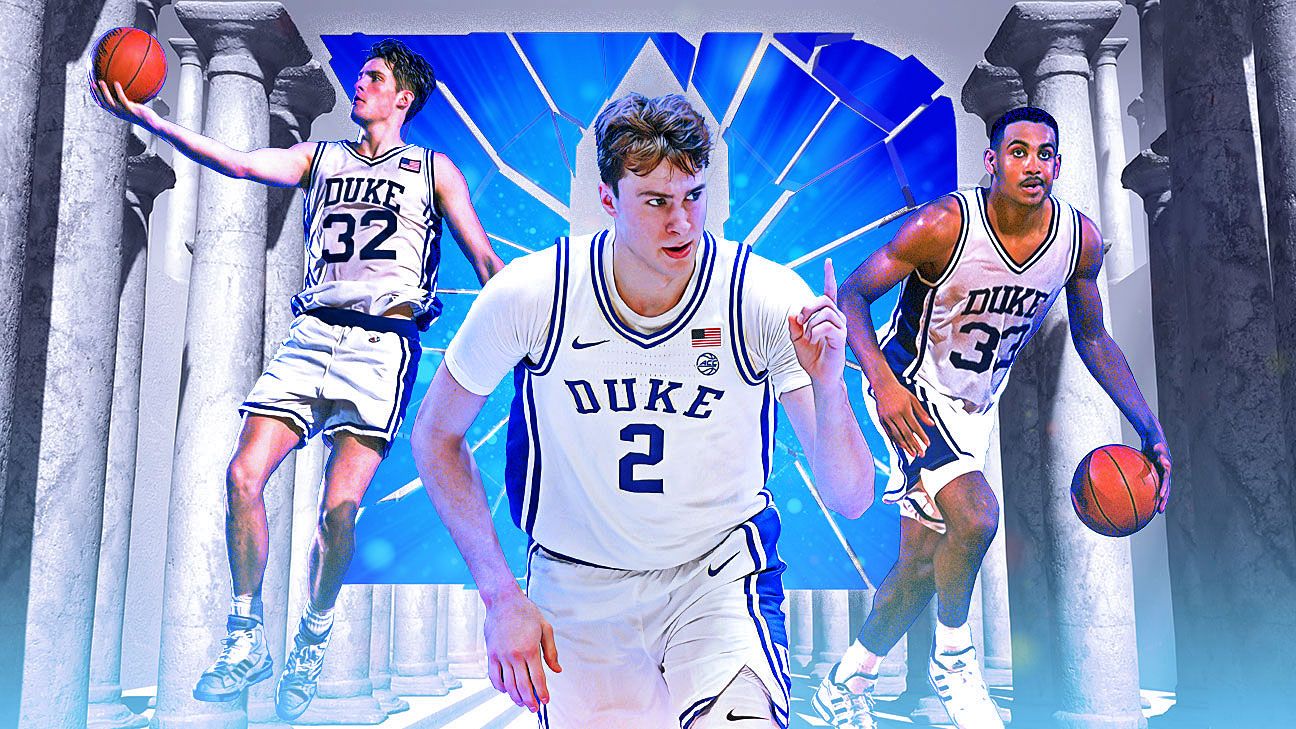
The big news in Formula 1 last week was Christian Horner being sacked as team principal by Red Bull.
Horner had been in charge of the Red Bull team since their inception in 2005, leading them to eight drivers' titles and six constructors' championships.
A statement released on 9 July said: "Red Bull has released Christian Horner from his operational duties with effect from today."
He has been replaced as team principal and chief executive of Red Bull Racing by Laurent Mekies, who has been promoted from second team Racing Bulls.
BBC Sport F1 correspondent Andrew Benson answers your latest questions.
What role will Christian Horner play at Red Bull in the future? The Red Bull statement says he has been removed from his operational duties (but not released totally)? - Mike
First, let's clear up what Red Bull has and has not said.
Red Bull said that it had "released Christian Horner from his operational duties".
It made no other statement about Horner's employment situation. Horner did that himself, by saying in his farewell speech to Red Bull staff: "I will still remain employed by the company, but, operationally, the baton will be handed over."
This does not mean Horner will still have a role to play at Red Bull in the future. He won't. His involvement with Red Bull is over.
He has been fired as team principal and chief executive officer of the F1 team, and as soon as a severance deal is negotiated, he will no longer even be technically employed.
That may take some time to finalise. But any links or influence Horner has with or over Red Bull are finished.
There's a lot of talk about the influence that the Verstappen camp have at Red Bull. How has Jos Verstappen, a racing driver's father who isn't on the company payroll, been able to become so influential in its running? - Neil
Jos Verstappen's involvement with Red Bull begins and ends with the fact that he is Max Verstappen's father and part of the three-person group that makes decisions on the four-time world champion's career - that's Max himself, Jos and Raymond Vermeulen, their manager.
But that does not mean Jos Verstappen had any involvement in Red Bull's decision to fire Horner as their F1 team boss.
That decision was made by Oliver Mintzlaff, Red Bull's chief executive officer of corporate projects and investments, with support from the Thai main shareholder Chalerm Yoovidhya. Mark Mateschitz - son of the late co-owner Dietrich Mateschitz, who took over his father's 49% shareholding - will also have had a say.
It was Yoovidhya who saved Horner in February last year, in the wake of a female employee making allegations of sexual harassment and coercive, controlling behaviour against him. Red Bull held two internal investigations, both of which rejected the allegations.
Yoovidhya and Mintzlaff have known for at least a year and a half that Jos Verstappen disliked Horner and that he believed the team would continue to be damaged if Horner remained in charge.
That's not why Horner was fired. He was fired because, in addition to Mintzlaff and Mateschitz being cool on him for a fair while, he lost the support of Yoovidhya. This seems to have come about following a meeting of Red Bull hierarchy in Dubai about five or six weeks ago.
The details of what happened and why are still murky, but a number of factors seem to have been involved.
Horner was pushing back against the views of Red Bull bosses, as would be expected of someone who had a desire for ultimate control.
The team's performance had declined and there were no signs that Horner knew how to fix it. A series of senior personnel had left. And the sexual harassment allegations remain the elephant in the room - it is not clear how they will ultimately resolve themselves.
Add all that up, and it seems Mintzlaff decided enough was enough, and Yoovidhya was not minded to protect Horner any longer.
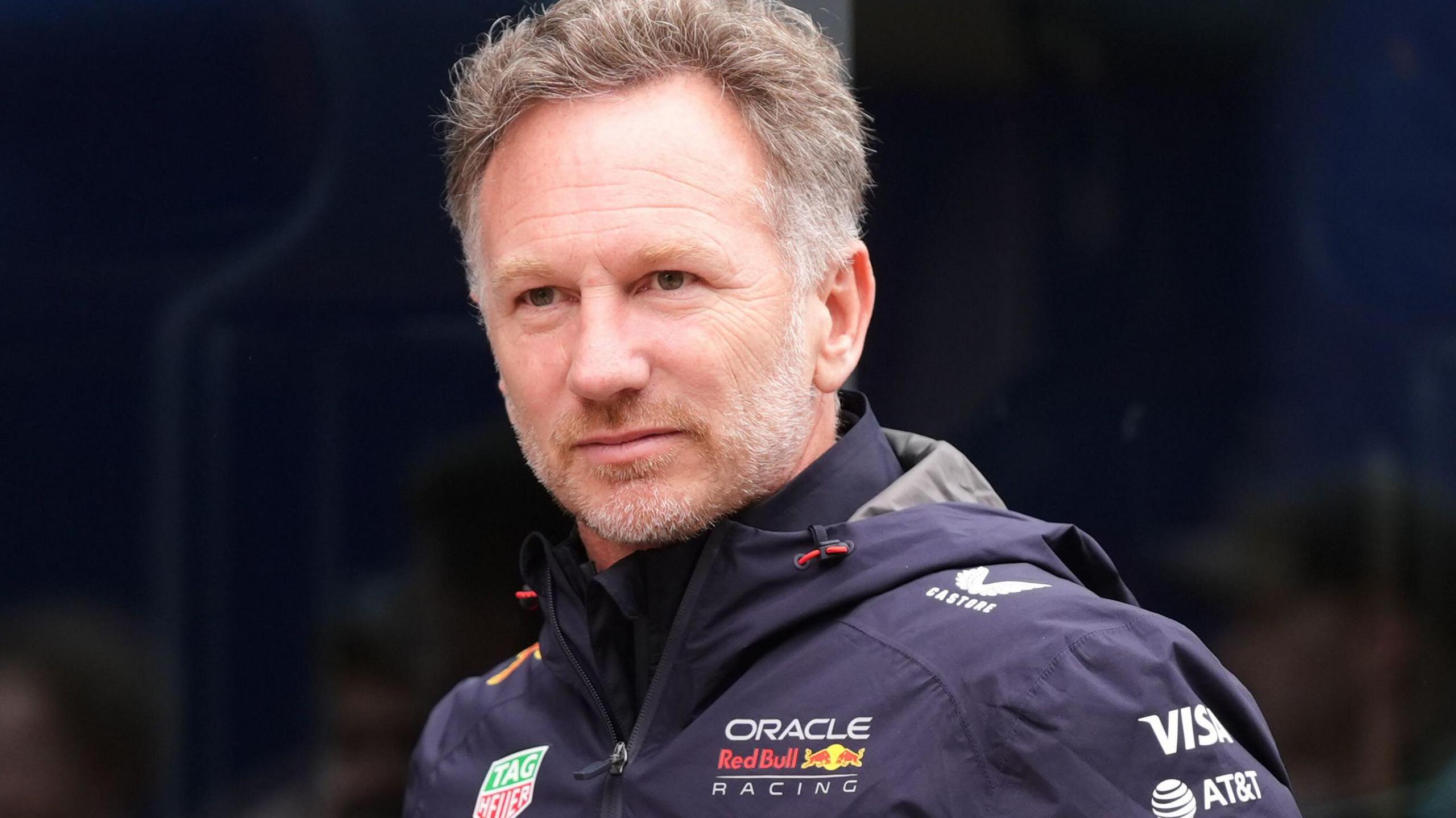 Image source, PA Media
Image source, PA Media
Christian Horner's final race as Red Bull team principal was the British Grand Prix at Silverstone on 6 July
Do you think Christian Horner will join Alpine as team principal? He's apparently a great friend of [executive adviser] Flavio Briatore. - Carol
Since Horner was removed from his position at Red Bull, there have been suggestions in some quarters that he would be very attractive to a number of other teams in F1.
Alpine is one idea that is doing the rounds, although they have just signed Steve Nielsen as managing director - ie, de facto team principal - to start work in September.
Ferrari has come up again. And there is the question of whether he could return as a co-owner somewhere - Alpine, for example, is said to have about a 20% shareholding up for sale.
But is Horner as attractive an option as some have suggested?
He has been a very successful team principal at Red Bull - the team have won eight drivers' titles, six constructors' titles and 124 grands prix under his leadership.
And there is no question that Red Bull under Horner had a fleetness of foot and improvisational aggression that quite often left their rivals trailing.
But any team wanting to employ him will have to weigh that against potential downsides, many of which were involved in the reasons for Red Bull removing him.
Firstly, Horner typically wants total control. But you can't have total control as a team principal if the team you are running is part of a wider company.
So, at Alpine, for example, he would ultimately be answerable to Renault's board. At Ferrari, to chairman John Elkann and chief executive Benedetto Vigna. Ultimately, the power would rest with them, not Horner. Could he stomach that?
Then there is the question as to whether a single leader is still as impactful in F1 these days.
Look at McLaren, for example, and the success they have had with chief executive officer Zak Brown in charge, but focusing mainly on the commercial side, and Andrea Stella as team principal with responsibility for running the team itself.
Horner wanted to do all that - and more - himself.
Then there is the fact that Red Bull were clearly in decline under Horner.
A Horner-led Red Bull without design chief Adrian Newey has not looked anywhere near the force it used to be.
And then there are the allegations still hanging over Horner.
Red Bull might have cleared him in two separate internal investigations. But outside Red Bull there has been no conclusion to that episode. Until the outcome of that is known, any company that employs Horner is taking a significant reputational risk.
As a Sauber fan since my first trip to Silverstone in 1993, what have been the reasons behind the recent uptick in form and the unforgettable moment of Nico Hulkenberg finally getting his podium? - Andrew
There are two parts to this answer. One is Sauber's improved competitiveness, and the other is Hulkenberg himself.
First, the car. Sauber have introduced upgrades at the Spanish, Austrian and British Grands Prix.
The key one was a new floor for Spain, aimed at producing downforce across a wider range of conditions. There were tweaks to this floor in Austria, and again in Silverstone, along with various wing changes front and rear.
Then Hulkenberg drove well to what would have been ninth in Spain before benefiting from new softs after the late safety car to vault to an excellent fifth.
And of course there was his superb third at Silverstone - his first podium - founded on making the right tyre choices at exactly the right time in the changing conditions.
Since Spain, Sauber have been the fourth-highest scoring team, and Hulkenberg the sixth-best scoring driver. Sauber have vaulted up to sixth in the constructors' championship.
Then there are the improvements in race operations - such as much better pit stops - since Jonathan Wheatley arrived from Red Bull as team principal.
For the first time since Audi announced it was buying Sauber as the foundation for its factory entry to F1 in 2026, the team has begun to show real promise.
The rain at Silverstone was bad enough to trigger a safety car, but still nobody chose to use the wet tyre. What exactly is wrong with it, and what will Pirelli do about it? - Tim
For years, the extreme wet supplied by Pirelli was derided as a 'safety-car tyre' - good only for use behind the safety car.
That was because it was not a particularly good tyre, while the intermediate was. So drivers wanted to be on the intermediate as soon as possible, simply because it was faster in nearly all conditions.
However, Pirelli has revised the extreme for this year and it is a much better tyre than before.
Having said that, the inter will always be preferred simply because it is much more flexible - it can be used in quite heavy rain right up to when it's almost dry.
The wet may provide more grip when it's very wet, but the extra flexibility of the inter will always win out if the conditions are variable, as they were at Silverstone.
Get in touch
Send us your question for F1 correspondent Andrew Benson

 3 months ago
75
3 months ago
75
